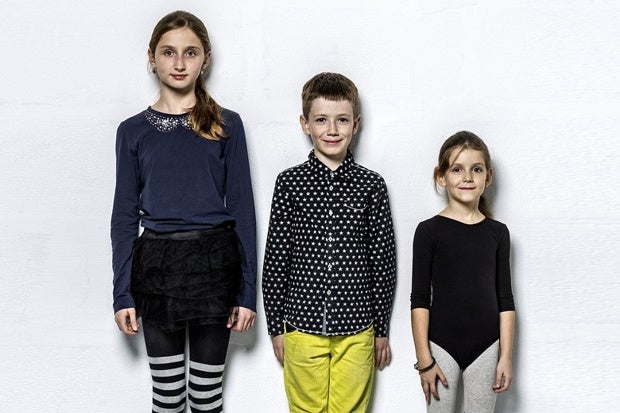Economists from the University of Edinburgh have studied and found that first-born children do indeed possess higher IQ score and superior thinking skills than their younger siblings as early as age one.
The team examined survey data collected by the US Bureau of Labor Statistics and found that first-borns scored higher than their siblings in IQ tests.
Researchers said that the results could be explained by the first-born receiving and being presented with more mental stimulation and support in developing thinking skills by their parents during the early years as compared to their younger siblings.
As many as 5,000 children were observed from pre-birth to age 14 in the study published by the Journal of Human Resources. The participants were assessed every two years on skills such as reading and picture vocabulary. Tests include reading single words aloud, naming names, matching letters and picture vocabulary assessments were given to the participants.
Besides the test and assessment, researchers also took into consideration how parental behavior such as drinking and smoking during pregnancy would relate to their child’s score test.
And shockingly, it was found that parents change their behavior as they have more children, providing less mental stimulation and taking part in less activities like reading with their child. Mothers also found to take part in more risky behavior such as smoking when it comes to being pregnant with her subsequent child.
However, despite all the advantages a first born child gets, there is also some disadvantages to being a first-born child. According to researches, first-born child is 20% more likely to develop nearsightedness.
But of course, environment and parental guidance make a lot of difference. So not all first-borns are necessarily smarter than their siblings. However, the study shows that the chance of being so is much higher.
Does this study apply to your family?










































